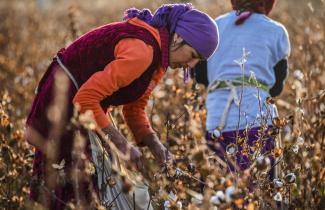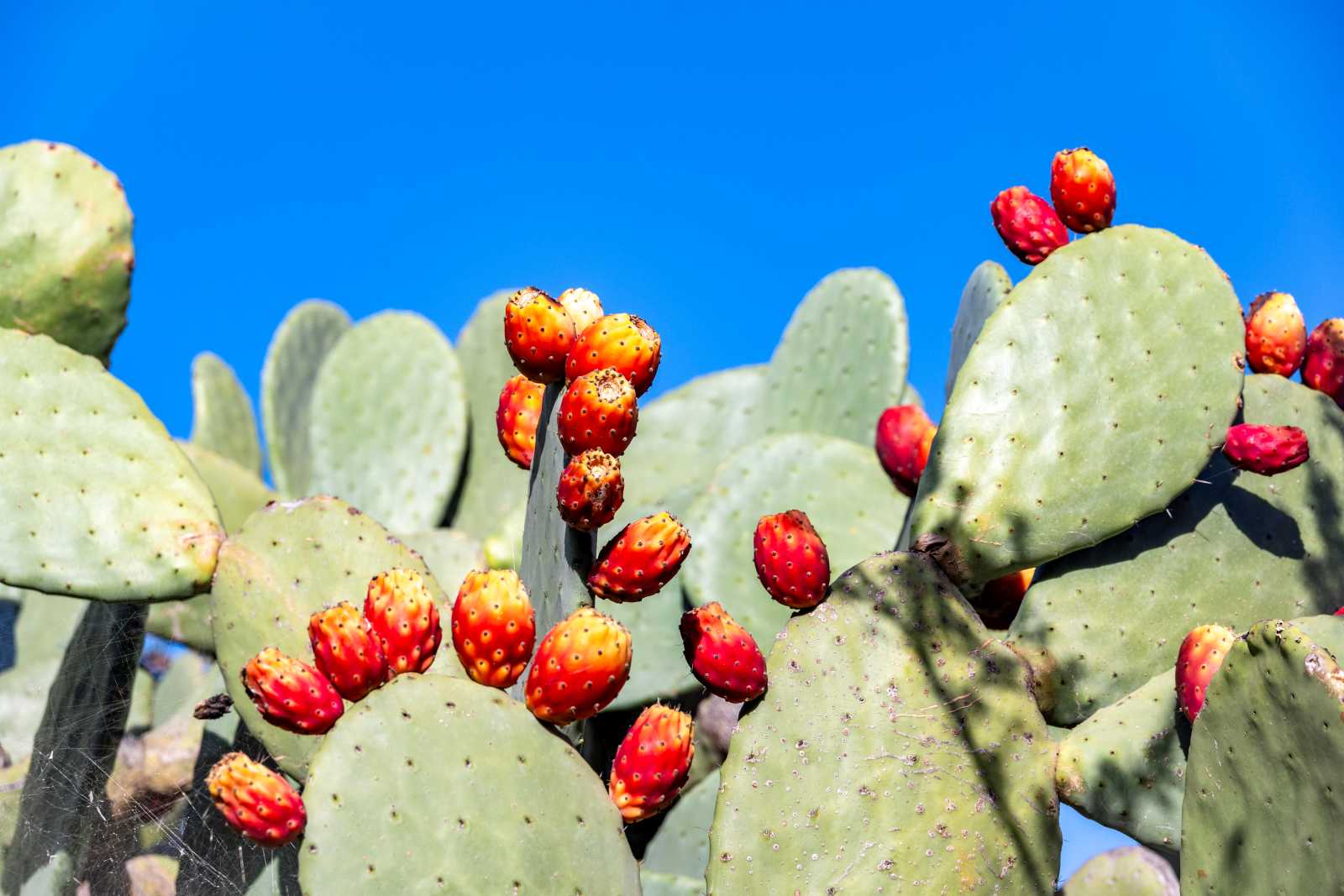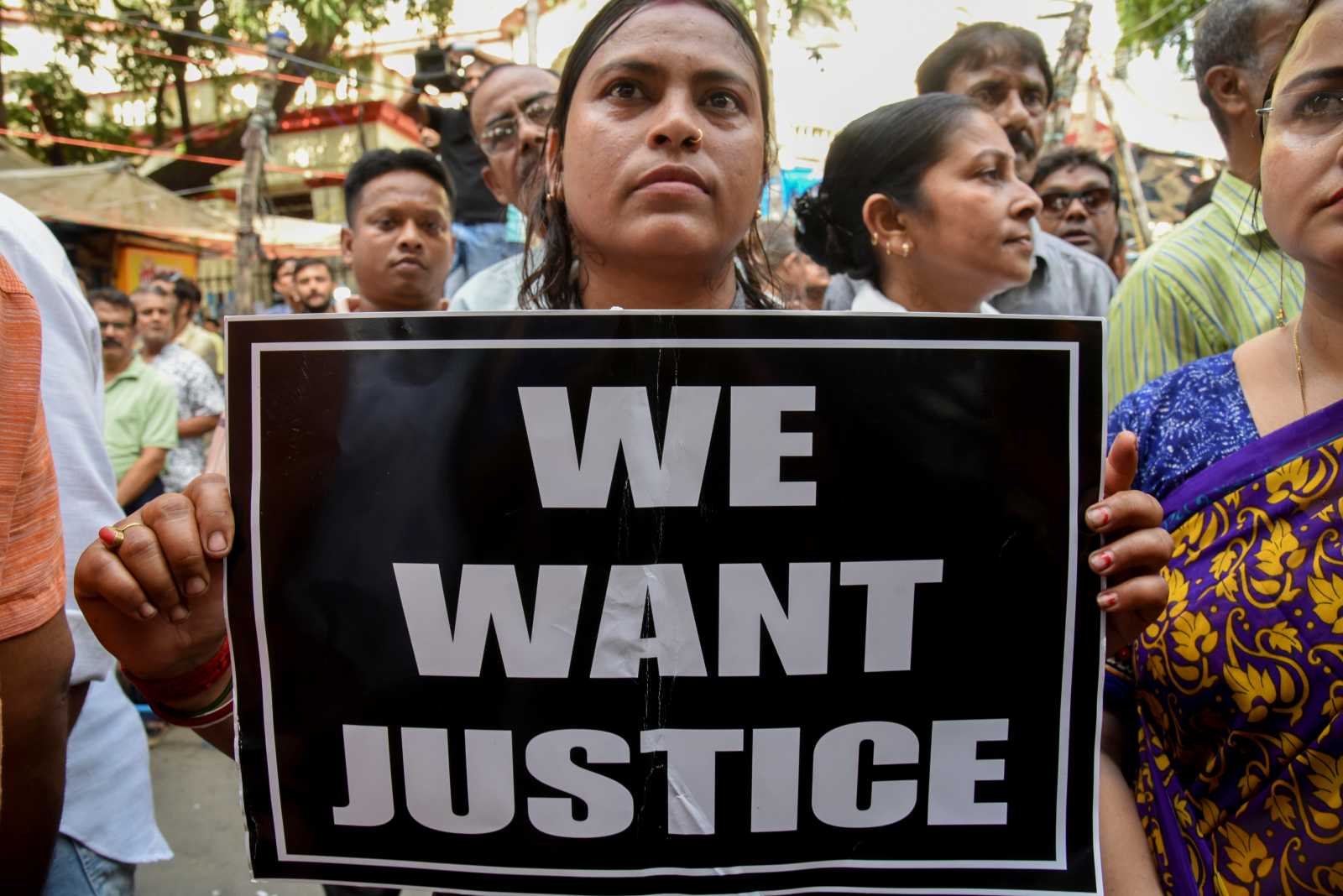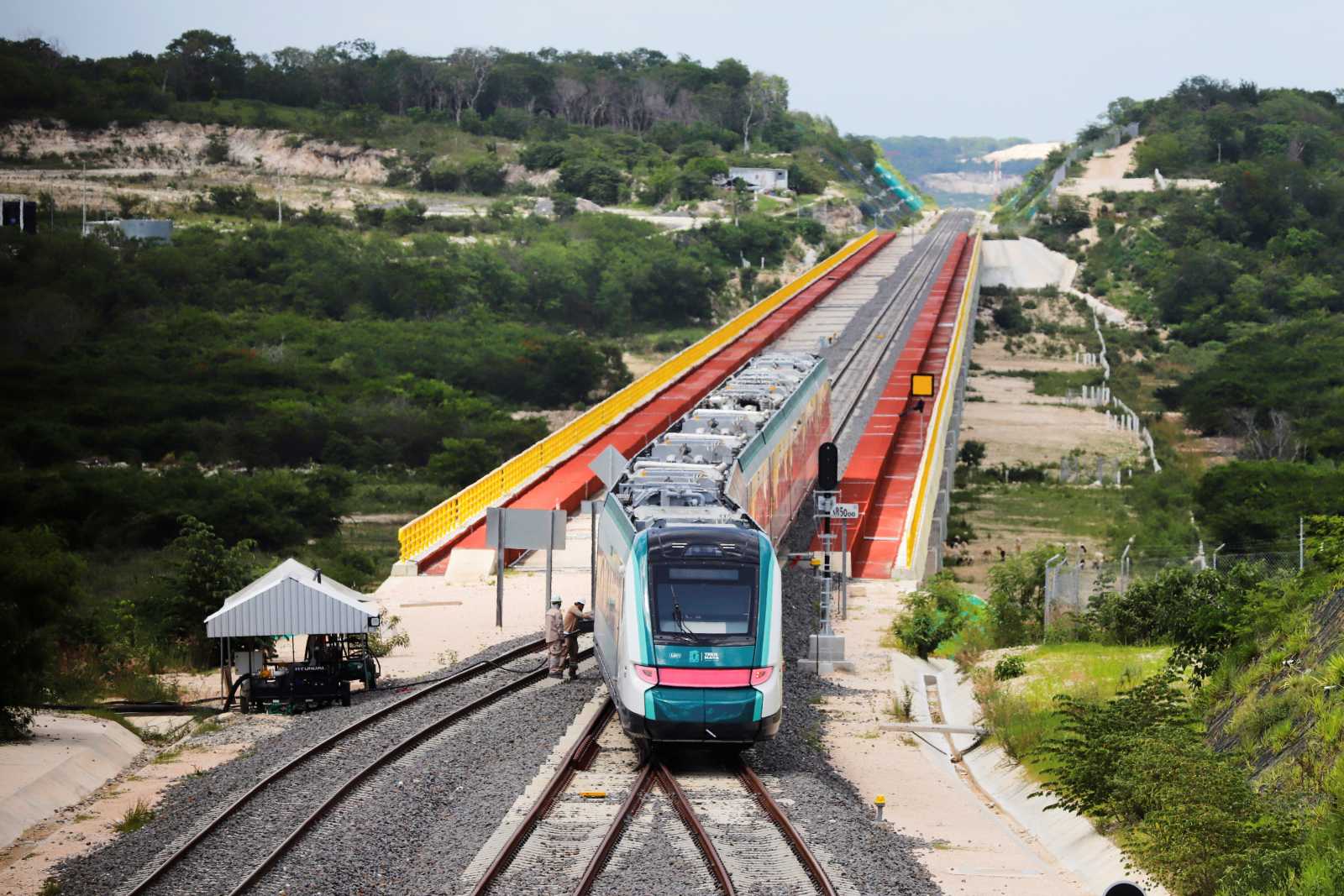Forced labour
Improving working conditions in Uzbekistan’s cotton industry

Uzbekistan has long been one of the world’s largest cotton producers, and the industry has historically played a major role in the country’s economy. In 2023, Uzbekistan exported $ 1.63 billion worth of cotton, making it the country’s second-largest export commodity after gold.
However, the cotton industry, labelled as “strategic,” has always been under strict government control. For nearly three decades following Uzbekistan’s independence from the Soviet Union in 1991, the government forcibly mobilised people, including children, in rural areas to meet state-imposed cotton quotas. The cotton-picking season, which begins in August and lasts until December, saw schoolchildren pulled from classrooms and forced to work in the fields for months, depriving them of education and exposing them to exploitative conditions.
For years, human-rights defenders reported that forced labour was widespread in Uzbekistan’s cotton industry and that working conditions were abusive and hazardous. Living conditions were unsanitary, and there were frequent reports of serious injuries among both adult and child cotton pickers. The government imposed daily quotas which required adults to harvest at least 60 kilogrammes per day, while younger children had slightly lower quotas. Uzbekistan’s rigid governance structure meant that local authorities, school principals and teachers who failed to provide a labour force for cotton harvesting were threatened and denied social benefits. Payment for this gruelling work was minimal, and in many cases, workers were not compensated at all.
Cotton farmers also faced significant challenges. The government forced them to cultivate cotton instead of more profitable crops, and state procurement prices were set below market value. The state then resold the cotton globally at a profit. A small elite benefited from this system, while farmers struggled.
International boycott
These exploitative practices led Uzbek and international human-rights defenders, environmentalists and labour-rights activists to form the Cotton Campaign coalition and call for a boycott of Uzbek cotton in 2009. The boycott was endorsed by over 330 global brands, including Adidas, H&M, Levi Strauss and Nike. These companies pledged not to source cotton from Uzbekistan until forced labour was eradicated. The boycott had a significant economic impact, as many global markets refused to purchase Uzbek cotton. Governments and institutions, including the US and the European Union, also imposed restrictions and demanded reforms.
International pressure led to progress. In 2014, Uzbekistan banned child labour. Later, the government initiated reforms in the cotton sector, culminating in the eradication of systematic forced labour by 2021. Independent labour monitoring was introduced, and parts of the cotton industry were privatised to reduce state control. As a result, in March 2022, the Cotton Campaign lifted its boycott, recognising Uzbekistan’s significant labour-rights improvements. This was hailed as a successful example of international pressure driving meaningful reform.
Pressure on farmers continues
Despite these advancements, significant challenges remain, and labour risks persist. According to Umida Niyazova, director of the Germany-based civil-society organisation Uzbek Forum for Human Rights, “Uzbekistan is still not willing to change its anti-market rules governing its cotton industry. The central government and local authorities continue to operate on a quota system, requiring each region to produce a set amount of cotton and assigning land to farmers specifically for cotton cultivation.”
The ongoing pressure on farmers was evident during a video conference where Uzbek presidential advisor Shukhrat Ganiev threatened regional officials, saying, “I don’t care what you do, but you must deliver 11,000 tons of cotton. Don’t play with it – otherwise, it will end very badly for you and the regional governor.”
Regional authorities remain reluctant to abandon coercive methods and continue to pressure farmers to meet quotas, despite factors beyond their control. One major issue is a labour shortage in rural Uzbekistan. Poor wages in the cotton sector have driven millions of young men and women to seek better opportunities abroad, particularly in Russia.
Additionally, agricultural land in Uzbekistan is state-owned and leased to farmers under restrictive conditions. The government forces farmers to grow cotton or grain even when other crops would be more profitable. A recent report from the Uzbek Forum for Human Rights states that “farmers are afraid to oppose local officials and agree to take on unfavourable obligations, such as growing silkworm cocoons or agreeing to a reduction of their cotton price for fear that their fields could be destroyed or their land leases terminated.”
The cotton cluster system
In 2017, Uzbekistan introduced a cluster system to transition from the state-controlled cotton procurement model to a more market-oriented structure. Under this system, private textile companies, known as clusters, were granted control over the entire cotton production cycle, from planting to processing and export. The system aimed to improve efficiency and attract foreign investment.
However, in practice, the cluster system has not delivered the expected benefits. Instead of dealing directly with the state, farmers now sign contracts with private cotton clusters. However, since the government still sets purchase prices below market value, clusters, in turn, pay farmers less than initially agreed upon.
Reports also suggest that certain clusters, with the support of local authorities, have pressured farmers into relinquishing their land, sometimes using intimidation tactics and threats. One farmer reported that her son was beaten, and she herself faced constant harassment from the local police for refusing to cede her land to a cluster.
Furthermore, the government’s decision to dissolve independent cotton cooperatives has raised concerns about farmers’ rights to free association and fair market practices. Without cooperatives, farmers lose bargaining power and are more vulnerable to exploitation by government-aligned clusters.
Risk of backsliding
In November 2024, more than a dozen farmers appealed to Uzbek President Shavkat Mirziyoyev, urging reforms that would grant them the freedom to choose their crops and sell independently on the open market. However, it remains unclear how the government will respond.
Endemic corruption and the lack of rule of law remain significant obstacles. Uzbekistan’s courts are not fully independent, leaving farmers with little legal options. If the government does not genuinely liberalise the cotton sector, which is de jure semi-privatised but de facto under state control, there is a real risk that forced labour practices could resurface to meet state-imposed cotton quotas.
While Uzbekistan has made commendable progress in reforming its cotton industry, true economic liberalisation and labour-rights protections remain incomplete. Without further reforms, the country risks backsliding into the coercive practices that led to international condemnation in the first place.
Links
Cotton Campaign:
cottoncampaign.org/uzbekistan
Uzbek Forum for Human Rights, 2025: Uzbek Forum’s 2024 Cotton Harvest Report.
uzbekforum.org/uzbekistan-increasing-farmers-autonomy-critical-to-address-forced-labor-risks-and-attract-responsible-sourcing/
Shahida Tulaganova is a producer, director and war reporter from Uzbekistan. She lives in the UK.
shahidayakub@gmail.com






